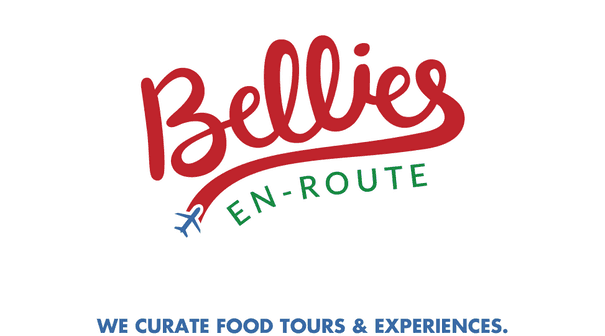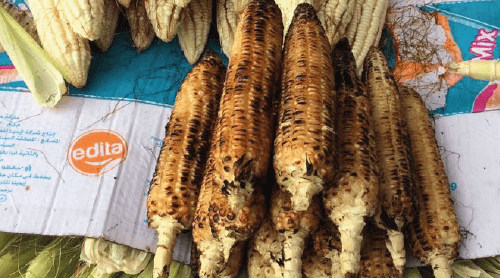5 Questions with Laila Hassaballa of Bellies En-Route in Egypt
Laila Hassaballa is an avid foodie and traveler, as well as the co-founder of Egypt's very first specialized food tour company, Bellies En-Route. She decided to start the company along with her business partner Mia Nezar to finally bring culinary tourism to Egypt and help people get to know the culture while enjoying some fantastic, authentic, good food.
1. What foods is your city known for?
There's so much great food here for people to enjoy, both fully Egyptian, as well as food that has been influenced by all the countries we were influenced by during our long history. The Egyptian national dish is Koshari, which is an awesome (but strange) mix of rice, macaroni, lentils and vermicelli, covered in thick tomato sauce, topped off with chickpeas and thin, fried onions. It's delicious, nutritious and very affordable, not to mention that it's available on every corner of Cairo. Koshari is not the only food though, fava beans and taamiya (also known as falafel) are huge staples, along with lots of other delicious food.

2. What neighborhoods should people visit when they come to your city?
There are a couple of parts of the city which are really interesting, and they're all different styles. Our favorite is Wust El Balad (Downtown), not only are the people you meet there diverse, but the food also comes with a lot of history, with small restaurants owned by expats who have lived here since the 50's, as well as restaurants which are 70+ years old. Street food is widely available and the architecture is a blend of European styles. Zamalek is also a great part of the city if you're more into the modern scene. It's an island in the middle of the Nile in Cairo, and it hosts countless numbers of restaurants and great places to eat foods from all over the world. Finally, we're not all about the pharaohs, Islamic Cairo is not only a huge part of our history, but also a great part of our city. It also includes restaurants dating back to the early 1900's, and some of the best Egyptian grilled food you can have.

3. What is the best time of year to visit your city?
Since the summers are pretty hot in Cairo, your best bet is to visit right before or right after summer. The weather is usually great starting September/October, there's a fresh breeze and the sun still shines, but it's not as scorching as it is in July. December is also great if you're planning to do sightseeing, but not a good choice if you're heading out to the beach cities. You also have the option of visiting from March to May, but April is a bit risky with a few very windy days carrying red dust which could easily ruin your sightseeing plans.
4. Are there any events foodies should plan their trip to your city around?
Even though the food culture is huge here, we don't have a lot of public events focusing on food, however, most of our religious holidays have food as the main factor though. In the Eid Al Fitr (right after Ramadan, which changes every year based on the Hijri calendar), we eat a lot of Egyptian Kahk, which is a small cookie with nuts or a type of sugary paste inside, topped off with loads of powdered sugar. For Eid Al Adha (a few months after that), we eat a lot of food made of beef/lamb/mutton, using almost every single part of the chosen animal, so vegetarians might want to skip that time. It's not advised to visit in Ramadan, since most restaurants would only be serving food only at sunset everyday, not before that. Other than that, we're really a city that appreciates food, and you'd always be able to find food, no matter what time of day it is.
5. What can people expect on your food tours?
People can expect to eat very locally-rooted authentic foods, and get stories about the food as well as its history, and a brief about what it's made of. We also like to incorporate cultural aspects on our tours, so we choose the locations accordingly. Finally, we really value a connection with the locals, so we're very open to having open conversations with people we're touring with, and encourage them to also connect with other locals during our tours.


